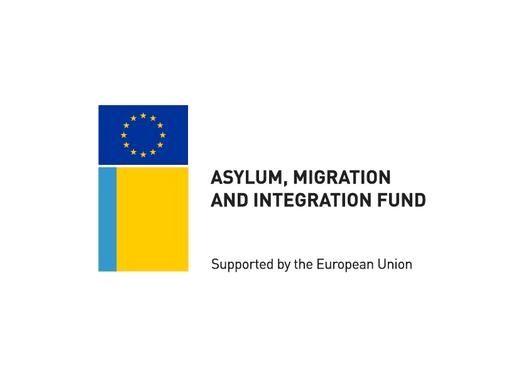Mental health of migrants

On these pages, you can find information on the mental health of the migrant-origin population, the ways mental health is supported, and the services available.
Many factors affect mental wellbeing
Like the rest of the population, the migrant-origin population has many different resources and factors which protect and strengthen mental health. These include healthy lifestyles and social relationships. In addition, the wellbeing of the migrant-origin population is supported by factors such as:
- whether they can live together with their family
- communality
- religious beliefs
- equality.
Moving to a new country and becoming familiar with a new language environment and a new society are processes which always cause people stress and strain. Factors which affect the mental health of migrants include:
- discrimination and racism
- loneliness
- financial uncertainty
- lack of inclusion
- linguistic and cultural challenges
- difficulties accessing social and healthcare services.
Particularly in the case of those who have arrived as asylum seekers or refugees, mental health is also affected by shocking past experiences, the situation in their country of origin and situations of those close to them, and uncertainty about the future.
In this video, Arezo tells his own story about adapting to life in Finland. Moving to Finland, embracing a new culture and learning a language bring their own challenges for mental health. Video is part of the multilingual ‘Mental Health for Migration’ video series.
Experiences of mental strain vary between migrants from different countries
Through its population surveys, THL charts the mental wellbeing and service experiences of migrants. Levels of mental strain are, on average, higher among migrant-origin adults, children and young people, and this must be taken into account in both the planning and implementation of services. Among migrant youth, for example, mental health challenges can stem from factors such as loneliness, experiences of bullying and difficulties in talking with their parents.
At the national level, migrant-origin adults experience mental strain or feel anxious or depressed more often than the general population, and women who have migrated from the Middle East or North Africa are particularly prone to experiencing mental stress.
Migrants from different countries also experience different levels of happiness. Compared to the general population, people who have come from Russia and the former Soviet Union or from the Middle East and North Africa are less likely to consider themselves happy. In contrast, migrants from Africa (excluding North Africa), Latin America, and the former Yugoslavia are more likely than the average resident of Finland to consider themselves happy.
The coronavirus epidemic put a strain on mental wellbeing
The coronavirus epidemic, as well as the measures implemented to bring it under control, weakened the health and wellbeing of many migrants. Compared to the rest of the population, migrants experienced more worry during the epidemic, a larger drop in quality of life, and a larger increase in loneliness and psychological stress.
However, the epidemic also had positive impacts for some. Some migrants felt that contact with friends had become closer during the epidemic and that they had become more hopeful about the future.
Mental health services must be provided on an equal basis
Mental health can be promoted within a variety of customer contexts, both in health and social services and in other contexts such as integration and employment services. It is important for professionals in these contexts to have the methods and tools for raising the topic of mental health, promoting mental health, and identifying the need for support.
It is important that all population groups have equal access to mental services and that treatment is provided on an equal basis. Studies show that migrants use mental health services less than the rest of the population and are normally treated for shorter periods.
Further information
For mental health work
- Promoting the mental health of migrants
- Raising the topic of mental health
- Identifying mental health problems
- Cultural competence and cultural sensitivity
- Equality and discrimination
Refugees and mental health
Mental health support in services
Sources
Kieseppä, Valentina (2022) Mental health service use among immigrants living in Finland. Doctoral Dissertation.
Faculty of Medicine, University of Helsinki.
Skogberg, Natalia ym. (2021) Impact of Covid-19 on the health and wellbeing of persons who migrated to Finland: The MigCOVID Survey 2020–2021. Raportti 8/2021. Helsinki: Terveyden ja hyvinvoinnin laitos.





